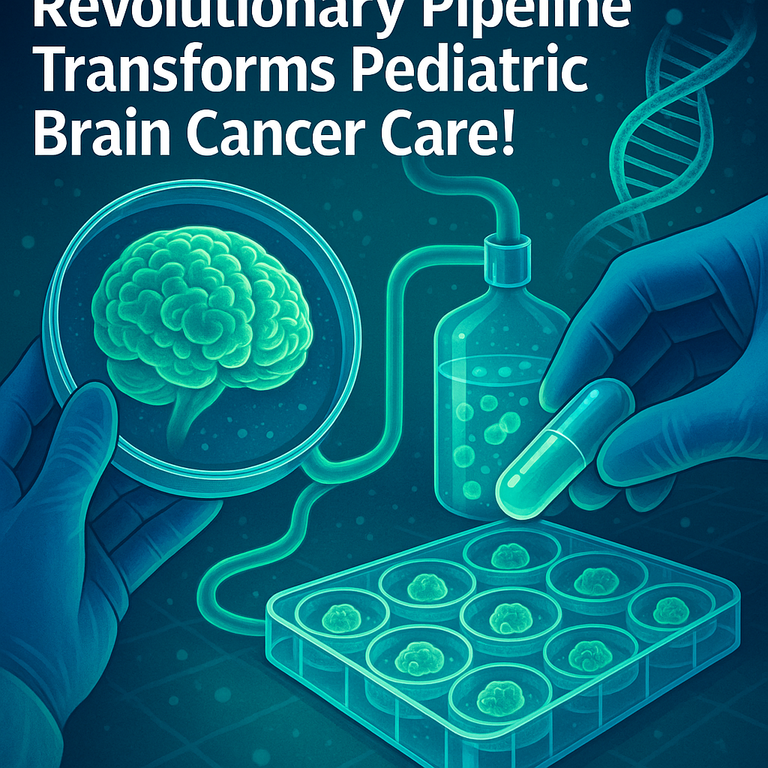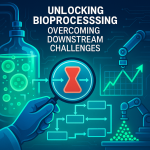🧬 Researchers created a biorepository of viable tumor cells from 39 pediatric CNS tumors. This empowers better testing for drug sensitivity.
💊 With refined growth conditions, they developed models predicting vulnerabilities to specific drugs. This work promotes personalized treatment and fosters hope for affected children and families.
Introduction:
The article discusses a groundbreaking bioprocess pipeline developed for personalized treatment of pediatric brain cancer, emphasizing the establishment of a biorepository that captures the complexities and varietals of pediatric central nervous system tumors. The study aims to provide viable research material and enhance the development of tailored therapies for affected children.
- Pediatric central nervous system (CNS) tumors are the leading cause of cancer-related deaths among children, highlighting a critical need for effective therapies.
- Traditional biobanks often lack viable patient-derived cell lines, limiting research opportunities for drug testing and disease modeling.
- A new biorepository has been created by researchers at Stanford, containing viable cell dissociates and tissue from 39 distinct pediatric CNS tumor entities, collected from over 130 patient samples.
- The research team has refined growth conditions to develop low-grade glioma models, validated through immunophenotyping and molecular profiling.
- This pioneering approach enables the discovery of drug vulnerabilities and supports the rapid translation of personalized treatment strategies for pediatric brain cancer patients.
Conclusion:
The establishment of this bioprocess pipeline and biorepository represents a significant advancement in pediatric neuro-oncology, facilitating research that could lead to the development of personalized treatment options. By enabling a deeper understanding of drug sensitivity and providing the necessary tools for modeling these cancers, this effort is poised to improve outcomes for young patients facing these challenging diagnoses.



